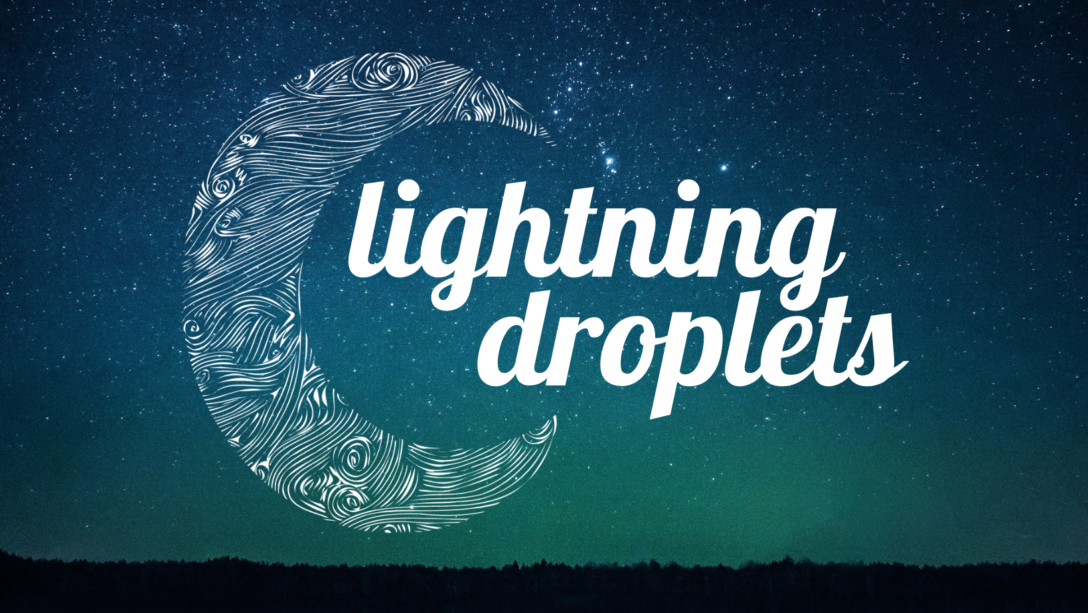The river slithered out of the mountains with such speed that it seemed the forest must have been on fire. This should have been our first clue, but we pressed on, past rice paddies and the Death Railway, past water monitors and banana trees, past lotus fields and check points. We curved around roads unable to watch where we were going because we were mesmerized by the sun setting through the jagged dragon’s teeth jutting out of the landscape. Even as night began to fall, we did not stop, further into the heart of a jungle so dark that the moon and stars could not be seen, as if we were no longer in a world surrounded by other planets and galaxies. The fauna grew more massive and the flora grew more crowded until we were shouldering our way into a deafening density. Frogs croaked wood against wood, geckos sounded like birds, and cicadas imitated longtail boats.
Beetles and dragon flies landed on us as if we were sticks. Park rangers told us to turn back. Kitti bats stayed in their caves. Street signs shaped like royal crabs scuttled away from roads. And yet we persisted, driven on by an incurable bug for adventure, a sickness that pushed to see more and more unseen, a fever that made our hearts restless and drove us from our homes.
The mountains became billowy the higher we went, as if this far from the city even they were not fixed. Mist gathered round, blurring the edges. Bamboo plumed off cliffs, looking like giant feathery ferns from a distance. Animals jumped off limestone bluffs, floating into elephants and crocodiles and gibbons of cloud. Forests sank into reservoirs, as if the earth did not know where it stood. The road twisted, uncertain of the ground beneath it. On motorbikes and bicycles and boats, we pressed, closer toward forbidden lands where borders were blurry, into frontiers decorated with coconuts and cow skulls, where cowboys wore rice paddy hats. Into a west so wild that centuries and continents fell on top of each other. And we, naturally, lost our bearings, too.
Ficus roots floated in midair so that we wondered briefly if we were underground. Strangler figs wound around trees so tightly that the buttressed giants choked and fell, leaving exoskeleton trunks of vine, hollow ghost trees that still sprouted leaves and fruit. We climbed inside and nestled there, daring the vines to squeeze us, too. They were slow to respond to our taunts, as careful foliage often is. Hidden inside that creeping constrictor, we were not so cautious.
Deprived of the embraces of elkhorns and newts, we clasped each other. As tigers turned to clouds and mountains gaped into open dragon’s maws, we held hand to hip, mouth to mound, cheek to cheeks. Arms flattened into banana leaves. Hair transformed into mountain fog. Feet flew into branches. Eyes grew into papaya. Bellies became karst formations and breasts danced into spinning seed pods. Fingers split into ferns. Orchids turned and cooed at the rustling, lizards clucked, birds whistled, mangoes dropped like dumbfounded jaws, and gibbons whooped.
We were no longer sure if we were astronauts or crickets, dinosaurs or gods. But the knowledge no longer mattered. I did not return from that heart of darkness, and nor did you. But we came home, as frangipani and limestone, passion fruit and snakes, tree frogs and jasmine, the earth and the sky.

Creative Commons love to purplekarma, axelsaffron, and beakatude (in that order) for the photos! Thank you!


 Even when history is written in stone, it is re-written. This is the nature of the story. Suns and hawks and buffaloes are erased, scratched over to be reused in the temples of the future. Reunderstood. Re-envisaged. Repostulated. This is how Akhenaten was lost, struck from the roll of the pharaohs, a distant memory of a monotheistic heretic, a madman with only one god. He built cities and temples and sculptures of stone and gold and they were quietly erased in the span of a generation. Father of history’s most famous pharaoh, the first individual, founder of world religions and yet … forgotten.
Even when history is written in stone, it is re-written. This is the nature of the story. Suns and hawks and buffaloes are erased, scratched over to be reused in the temples of the future. Reunderstood. Re-envisaged. Repostulated. This is how Akhenaten was lost, struck from the roll of the pharaohs, a distant memory of a monotheistic heretic, a madman with only one god. He built cities and temples and sculptures of stone and gold and they were quietly erased in the span of a generation. Father of history’s most famous pharaoh, the first individual, founder of world religions and yet … forgotten.